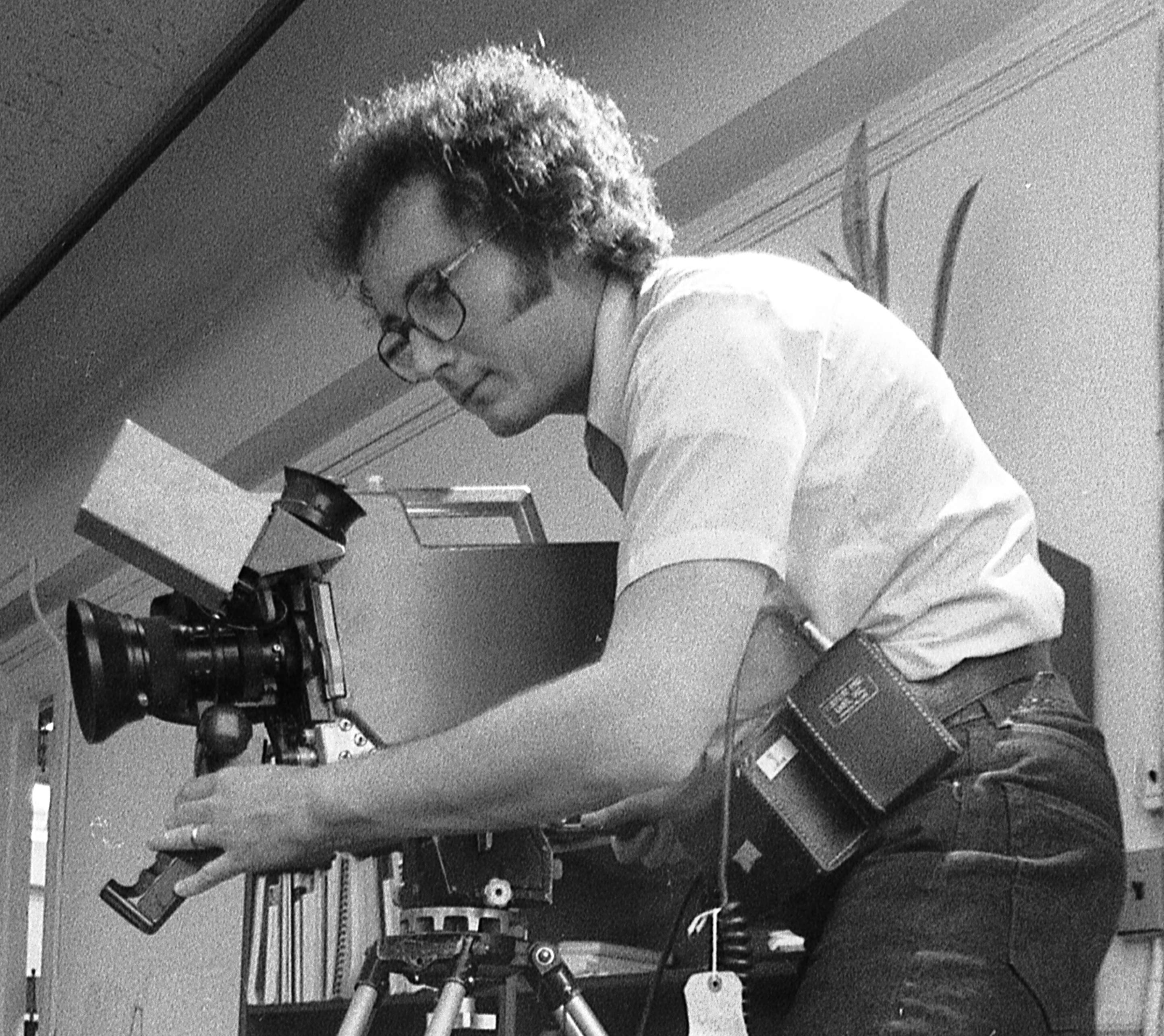Theater owners, sports organizations and other users of wireless microphones that operate on unoccupied TV channels (“white space”) are opposing plans to allocate these channels for other services, both in the United States and in the United Kingdom. Tuesday, representatives of the Sports Technology Alliance, including Major League Baseball, the National Basketball Association, the National Collegiate Athletic Association, the National Football League, the National Hockey League, NASCAR, the PGA Tour and ESPN, sent ex parte comments on the introduction of unlicensed devices in TV white spaces to FCC Chairman Kevin Martin and the FCC commissioners.
Members of the Sports Technology Alliance cautioned, “It is essential that the commission not allow new portable devices to operate in the TV spectrum” and urged the commission “to designate certain spectrum ‘off limits’ to new TV band devices, adopt technical solutions (such as those proposed by the IEEE 802.22) to prevent interference at super-scale sporting events, (to) use geolocation to insure that fixed devices do not cause interference and (to) test all technical solutions under consideration to assess whether they will, in fact, protect wireless microphones under real-world conditions.”
Ofcom, the telecommunications regulator in the United Kingdom, is required by the Communications Act of 2003 to ensure the most effective use of the radio spectrum for wireless communications services. Late last year, Ofcom released the Digital Dividend Review consultation. A “consultation” is similar to an FCC Notice of Proposed Rule Making or Notice of Inquiry. In the DDR, Ofcom proposed auctioning TV white space, (channels unusable for high-power TV broadcasting due to interference concerns) to the highest bidder. More than 10 percent of responses to the DDR address concerns from PMSE (the program making and special events) regarding loss of frequencies for wireless mics used in theaters and TV. Last week Ofcom responded to these concerns with a new consultation, Programme-making and special events: future spectrum access. The consultation proposed the awarding of spectrum space to a band manager with the incentive and expertise to manage it efficiently for wireless mics and other uses, or awarding access to the spectrum by auction. The licensee would pay fees reflecting the amount of spectrum they use and thus have incentives to use it efficiently.
Ofcom said it will continue making spectrum available to organizations such as charities, religious and community organizations which use “shared” frequencies available nationwide. Ofcom Chief Executive Ed Richards said, “Ofcom recognizes the important social, cultural and economic contribution that professional programme-makers and wireless microphone users make to the U.K. Our proposals are designed to ensure that this sector continues to have access to spectrum it needs to allow it to thrive while ensuring that this valuable and finite resource is used as efficiently as possible.” The PMSE consultation will close Aug. 31.
The professional video industry's #1 source for news, trends and product and tech information. Sign up below.

Doug Lung is one of America's foremost authorities on broadcast RF technology. As vice president of Broadcast Technology for NBCUniversal Local, H. Douglas Lung leads NBC and Telemundo-owned stations’ RF and transmission affairs, including microwave, radars, satellite uplinks, and FCC technical filings. Beginning his career in 1976 at KSCI in Los Angeles, Lung has nearly 50 years of experience in broadcast television engineering. Beginning in 1985, he led the engineering department for what was to become the Telemundo network and station group, assisting in the design, construction and installation of the company’s broadcast and cable facilities. Other projects include work on the launch of Hawaii’s first UHF TV station, the rollout and testing of the ATSC mobile-handheld standard, and software development related to the incentive auction TV spectrum repack. A longtime columnist for TV Technology, Doug is also a regular contributor to IEEE Broadcast Technology. He is the recipient of the 2023 NAB Television Engineering Award. He also received a Tech Leadership Award from TV Tech publisher Future plc in 2021 and is a member of the IEEE Broadcast Technology Society and the Society of Broadcast Engineers.
